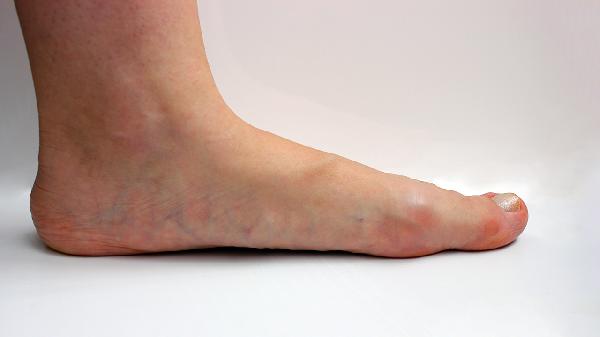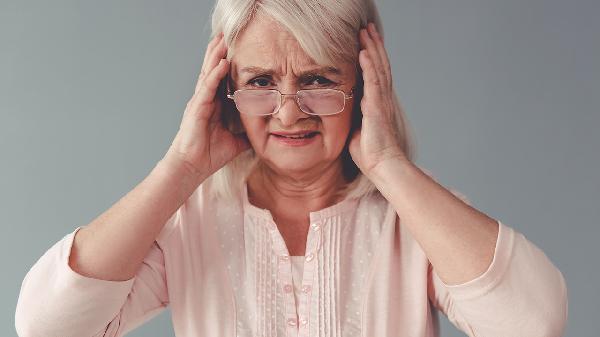We often hear some people say that those who are nearsighted will not easily develop presbyopia when they get older. This notion is completely incorrect, as presbyopia is an inevitable condition that occurs with aging. The illusion that nearsightedness prevents presbyopia arises because nearsighted individuals, as they age, can still see nearby objects clearly but struggle to see distant ones. This is merely an offset in visual acuity. Below, we will delve into why nearsightedness and presbyopia cannot cancel each other out.

Research shows that most people develop presbyopia of around 100 degrees by the age of 40. This is a very normal physiological phenomenon caused by the aging of the eyes. At this stage, as long as the lighting is good, nearby objects can still be seen clearly. However, by the age of 50, the degree of presbyopia gradually worsens. If presbyopia glasses are not worn at this point, symptoms such as headaches and eye pain may occur. Nearsightedness, on the other hand, is caused by excessive or improper use of the eyes and is a condition that can be entirely prevented. Therefore, presbyopia and nearsightedness do not actually offset each other.
Unlike nearsightedness, presbyopia is an inevitable condition that cannot be prevented, but there are ways to delay its onset. For example, individuals with better physical fitness may develop presbyopia later in life. Thus, increasing physical activity and paying attention to a diet that includes foods beneficial to the eyes can help delay the onset of presbyopia. Nowadays, both presbyopia and nearsightedness can be improved through surgical methods. However, we know that all surgeries carry risks, especially these two procedures, which are not yet very mature. Therefore, it is not recommended for elderly individuals to undergo presbyopia surgery.
Presbyopia cannot be controlled or cured; it can only be managed with presbyopia glasses to improve vision. However, some people may notice that those who originally had presbyopia seem to gradually improve as they reach a certain age, and some elderly individuals may even feel that they will not develop presbyopia. In reality, this is also an illusion, as many elderly people develop cataracts at a certain age, and the improvement in vision is actually a "contribution" of cataracts.
























